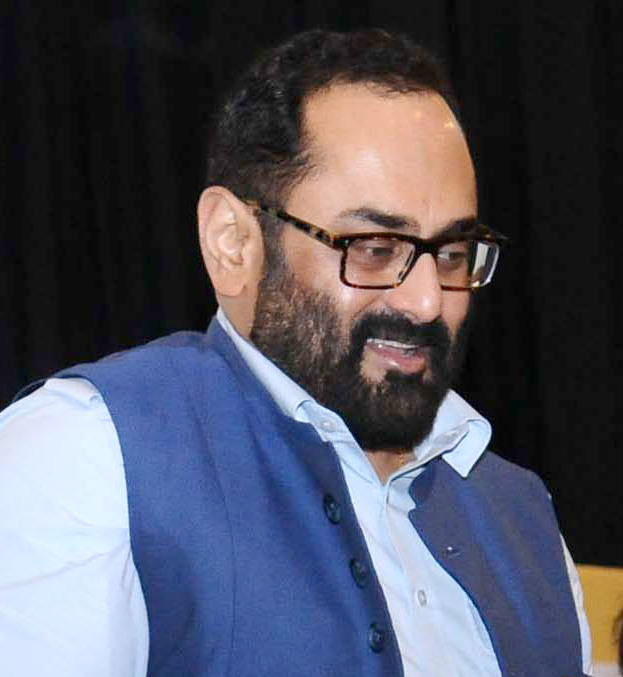Rahul Gandhi's Conviction in Surat Case tests the Limits of Indian Defamation Law

In January this year, the Lok Sabha MP from Lakshadweep, Mohammad Faizal of the Nationalist Congress Party, was disqualified after he was sentenced to 10 years imprisonment by a district court in an attempt to murder case. The Lok Sabha Ethics Committee decided to strip Faizal of his membership from the date of his conviction, i.e., January 11, 2023, in terms of the provisions of Article 102(1)(e) of the Constitution read with Section 8 of the Representation of the People Act, 1951. The Ethics Committee decided this after receiving communication from the district and sessions judge, Kavaratti, informing them about Faizal’s conviction.
This disqualification is now de facto on hold after the Kerala High Court suspended the conviction and sentence of Faizal, after his disqualification. In the case of Rahul Gandhi, the Surat court itself had suspended his sentence, to enable him to appeal. Under Section 8(3) of the R.P.Act, an MP convicted and sentenced for two or more years invites disqualification. Although Faizal stands disqualified, the Election Commission withheld the Lakshadweep Lok Sabha by poll after the high court suspended his conviction and sentence. Although Faizal’s disqualification has ceased to have effect following the high court’s suspension of his conviction, there has been no formal revocation of his disqualification by the Lok Sabha speaker.
The question of Rahul Gandhi’s likely disqualification from the Lok Sabha arises in view of the Supreme Court’s 2013 judgment in Lily Thomas vs Union of India, declaring sub-section (4) of Section 8 of RPA unconstitutional. Section 8(4) of the RPA said that disqualifications take effect only “after three months have elapsed” from the date of any conviction if, during that interregnum, the MP or MLA has not filed an appeal against the conviction or the sentence before a higher court. Section 8(4) extended immunity from disqualification even if the court had not disposed of such an appeal during that period of three months.
In Lok Prahari v Election Commission of India (2018), the Supreme Court held that once a conviction has been stayed during the pendency of an appeal, the disqualification which operates as a consequence of the conviction cannot take or remain in effect.
The effect of Lily Thomas and Lok Prahari will, therefore, be that the Ethics Committee of the Lok Sabha can take cognisance of Rahul Gandhi’s conviction and proceed to disqualify him from the Lok Sabha once the Surat court sends them a communication to that effect. However, if and when an appellate court stays his conviction and sentence, the disqualification will cease to have effect.
The question to ask, however, is whether the Lok Sabha can disqualify Rahul Gandhi hastily without awaiting the outcome of his plea for stay of his conviction. Can the Lok Sabha ignore the Surat court’s suspension of his sentence, on the grounds that in Lily Thomas, a conviction which carries a sentence of two years and above is sufficient to attract disqualification? It appears this is a grey area at present.
In 2013, the United Progressive Alliance government had tried to circumvent the Lily Thomas ruling by enacting an ordinance. Ironically, Rahul Gandhi tore a copy of the ordinance at a press conference to express his protest against it, acutely embarrassing – and weakening – the then prime minister, Manmohan Singh.

















